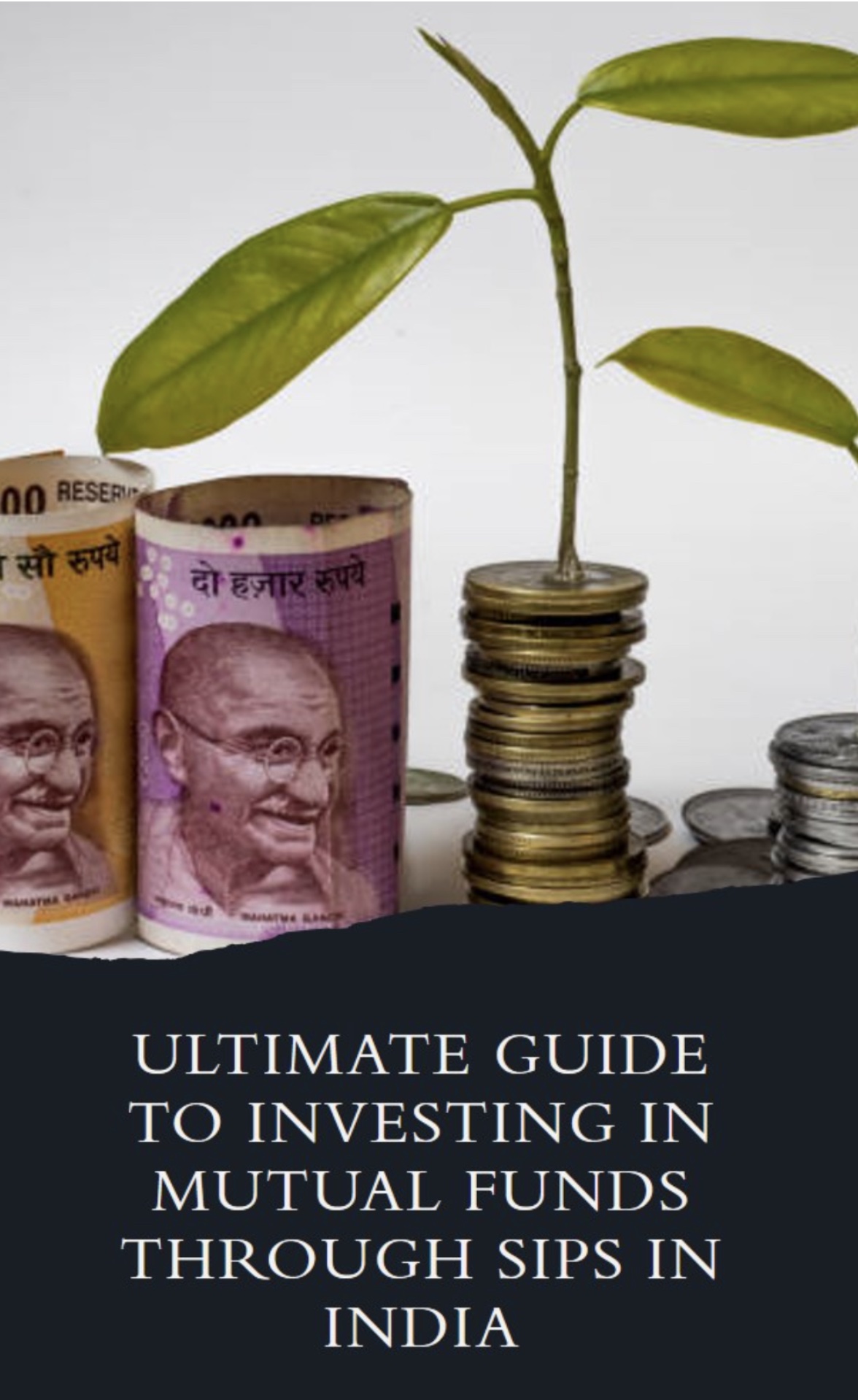Simple Tutorials on Trading & Investing

Understanding Modern Portfolio Theory: Importance, Portfolio Optimization, and Graphical Visualization
1. Introduction Modern Portfolio Theory (MPT) is a framework for constructing portfolios that aim to maximize expected returns while minimizing risk. It was introduced by Harry Markowitz in 1952. The theory is based on the idea that investors should not focus solely on individual securities but rather on the overall portfolio of investments. MPT provides a way to measure portfolio risk and return and provides tools to optimize investments. 1.1 Importance of Modern Portfolio Theory The significance of Modern Portfolio Theory lies in its ability to provide a rational approach to investment decisions.
Read more
The Ultimate Guide to Portfolio Rebalancing for Mutual Fund Investments
1. Introduction Portfolio rebalancing is an essential process for optimizing mutual fund investments that investors should notice more. It involves periodically reviewing and adjusting the allocation of assets in a portfolio to maintain a consistent level of risk and return. This article will delve into the technical details of portfolio rebalancing, highlighting its importance, benefits, and best practices. Explanation of Portfolio Rebalancing Portfolio rebalancing refers to the process of realigning the allocation of assets in a portfolio to bring it back to its original target allocation.
Read more
Taxation of Mutual Funds A Complete Guide for Investors in India
1. Introduction Mutual funds have become increasingly popular among retail investors as one of India’s most popular investment options due to their convenience and diversification benefits. However, many investors need to consider the tax implications of their mutual fund investments, which can significantly impact their overall returns. This article aims to provide a technical overview of the tax implications of mutual funds in India, including how to calculate capital gains tax and dividend distribution tax, file taxes on mutual fund investments, and adjust mutual fund investments based on tax implications.
Read more
Comprehensive Guide to Mutual Fund Risk Management in India
1. Introduction Mutual funds have become increasingly popular among investors in India, with more and more individuals opting for this investment option to diversify their portfolios and achieve their financial goals. However, with every investment comes a certain level of risk. This is where risk management comes into play. Risk management in mutual fund investing refers to identifying, analyzing, and mitigating the various risks associated with mutual fund investments. The goal is to minimize the impact of these risks on the investment portfolio and maximize returns.
Read more
Ultimate Guide to Investing in Mutual Funds through SIPs in India
1. Introduction Systematic Investment Plans (SIPs) have recently gained immense popularity among Indian investors. SIP is a mode of investment that allows individuals to invest in mutual funds in a systematic and disciplined manner. This investment strategy helps investors accumulate wealth over the long term by investing small amounts at regular intervals. Importance of investing systematically Investing in mutual funds via SIPs is a great way to invest systematically. By investing small amounts regularly, investors can benefit from the power of compounding and create wealth over a period of time.
Read more
Balanced Funds in the Indian Market, Advantages and Disadvantages
1. Introduction Balanced or hybrid funds are mutual funds that invest in equities and fixed-income securities to balance growth and income. These funds have gained popularity in the Indian market due to their ability to provide a diversified portfolio and mitigate risks associated with investing in a single asset class. With the Indian market experiencing increased volatility and uncertainty, balanced funds have become an attractive investment option for novice and seasoned investors.
Read more
A Comprehensive Guide to Investing in Debt Mutual Funds in India - Tips, Strategies, and Common Mistakes to Avoid
1. Introduction In recent years, the Indian economy has grown steadily, and investors are constantly looking for opportunities to grow their wealth. One such investment option that has gained popularity is Debt Mutual Funds. Debt Mutual Funds are a type of investment that invests in fixed-income instruments such as government securities, corporate bonds, and money market instruments. These funds are managed by professional fund managers who aim to generate stable returns for investors.
Read more
Equity Mutual Funds: A Complete Guide to Investing in India for Long-Term Wealth Creation
Equity mutual funds have emerged as one of India’s most popular investment options, attracting new and seasoned investors. This article will delve into the various aspects of equity mutual funds, from their investment strategies to their impact on wealth creation. Equity mutual funds have emerged as one of India’s most popular investment options, attracting new and seasoned investors. This section will delve into the different types of equity mutual funds and their investment strategies.
Read more
30 Common Mistakes to Avoid When Investing in Mutual Funds in India
Introduction Investing in mutual funds has become popular for many Indian investors in recent years. It provides an opportunity to invest in a diversified portfolio of assets managed by experienced professionals, with potentially higher returns than traditional investment options such as fixed deposits or savings accounts. Mutual funds also offer flexibility, liquidity, and tax benefits, making them an attractive option for investors seeking financial stability and growth. Importance of mutual funds for financial stability and growth: Mutual funds can provide investors with several benefits, including diversification, professional management, and potentially higher returns.
Read more
15 Mutual Fund Investment Checklist India
Introduction A mutual fund is a professionally managed investment vehicle that pools multiple investors' money to invest in securities such as stocks, bonds, and money market instruments. Investors purchase units of the mutual fund, representing a portion of the holdings in the fund’s portfolio. Mutual funds are managed by asset management companies (AMCs), which charge a fee for their services. Investing in mutual funds can be an excellent way for individuals to participate in the stock market without picking individual stocks.
Read more